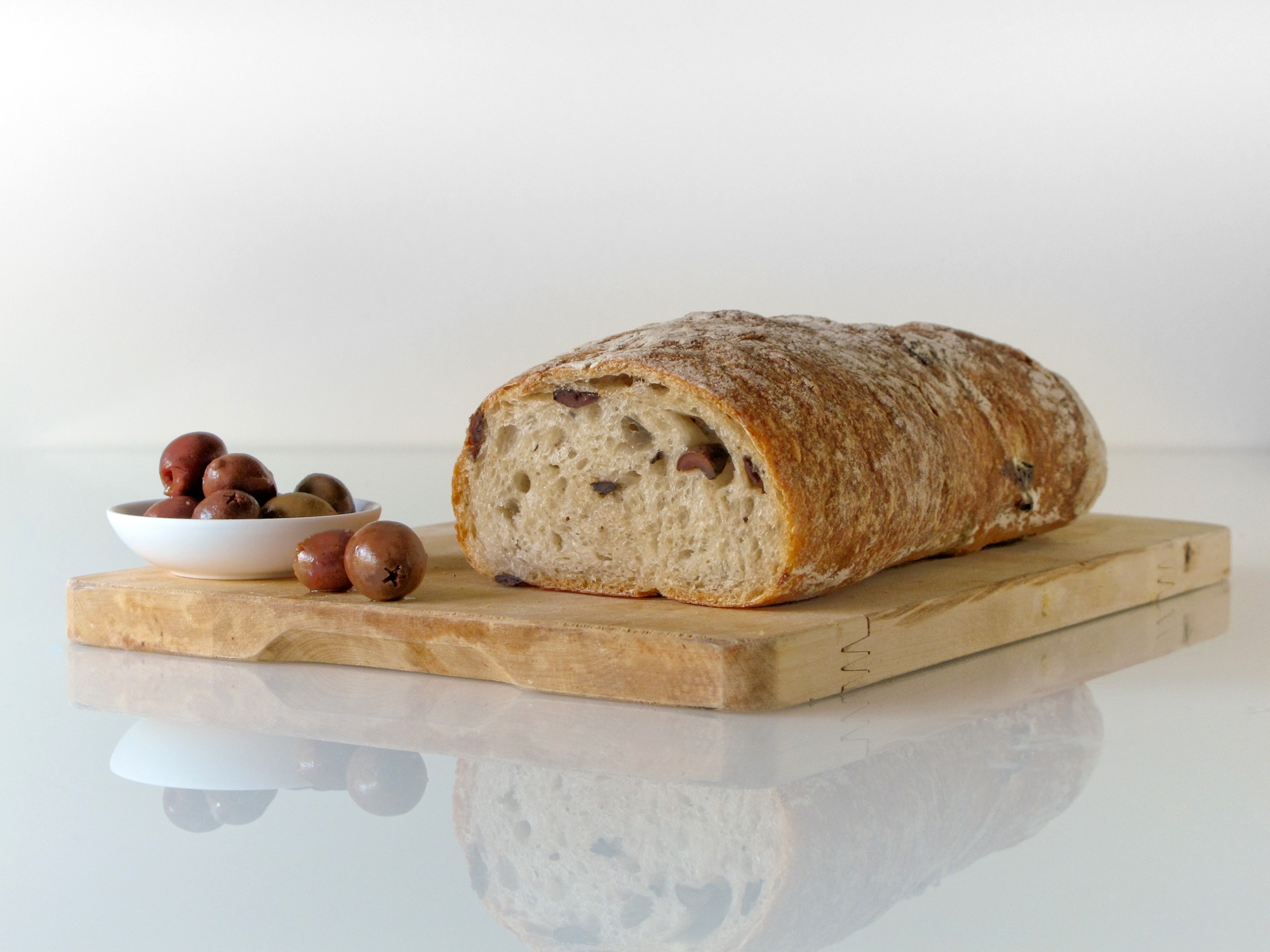
Coeliac Disease (Gluten Sensitivity)
Coeliac disease is an autoimmune disorder that occurs in genetically predisposed children, ie those with a particular HLA typing.
Symptoms vary enromously and may be rather non-specific. Symptoms described include one or more of: diarrhoea, poor growth, fatigue, anaeamia... A low threshold for screening is therefore required.
Coeliac disease is caused by an immunological reaction to gliadin (one of the gluten proteins, commonly found in wheat, barley and rye). The only treatment for this condition is life long gluten avoidance.
While coeliac disease is primarily a bowel disease, bowel symptoms may be limited, or even absent. Some patients are diagnosed with symptoms related to the decreased absorption of nutrients or with various symptoms which have no clear relationship with a malfunctioning bowel. Young children tend to present with bowel symptoms and growth problems shortly after the first known significant exposure to gluten-containing foods.
GI symptoms may also include, pallor, abdominal pain, constipation, bloating, distension, and mouth ulcers. Lactose Intolerance may also be associated as aconsequence of the damage to the surface of the bowl. Symptoms are not that dissimilar to Irritable Bowel Disease. The associated malabsorption may lead to low levels of Vitamens A, D, E, and K, Iron deficiency and low Calcium and Vit D may be associated. Bacterial overgrowth can further hamper digestion.
A small minority of coeliac patients also react to oats, usually through contamination of oat with wheat. Cereals such as maize, quinoa, millet, sorgum, teff, amarath, buckwheat, rice and wild rice are usually tolerated.
Diagnoses is reached using the following tools:
- Clinical history and examination
- Testing HLA types to assess if patient falls into at risk sub group.
About half the population is genetically susceptible to coeliac disease because they carry the immune response genes HLA-DQ2 or HLA-DQ8. At least one in 20 people who carry HLA-DQ2 and about one in 150 who have HLA-DQ8 develop coeliac disease, but people with other versions of the HLA-DQ genes are protected.
- Antibodies (largely dependent on eating gluten at time of diagnosis, ideally 10gm gluten, four slices of bread, per day, for 2 weeks prior to blood taking), if severe symptoms experienced, testing can be performed earlier.
- Endoscopy may also reveal classic findings
